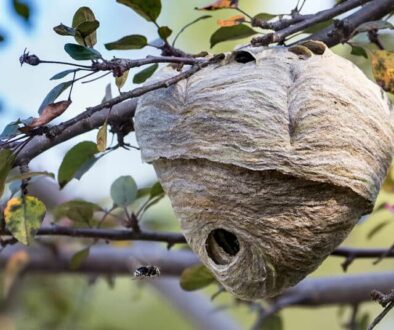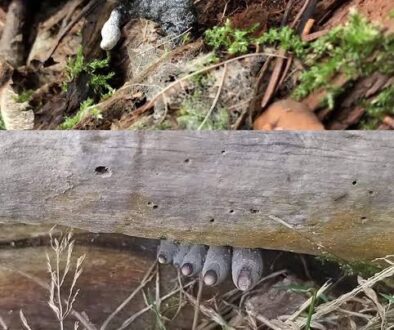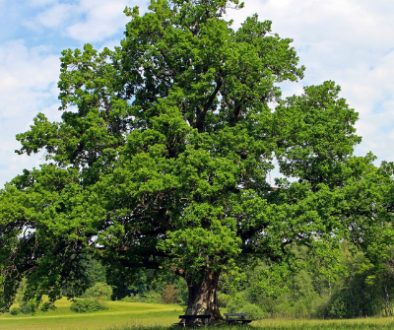Plant Health Care and Trees
Plant Health Care and Trees
Plant health care, also called PHC, offers a total health approach to landscape and plant health, Your arborist will monitor your property, watching for potential or actual problems in your landscape that might be best avoided or dealt with by implementing a PHC treatment program.
Traditional landscape pest control programs rely on “cover sprays.” The selection of a cover spray is often based on the company’s knowledge of common pest problems and control measures in the service area. The cover-spray type, method, and timing are pre-determined by the company. These traditional pest-control programs are not necessarily obsolete or “bad” for the environment and may be the best option for clients who have overriding concerns about program cost or are only concerned about one specific pest problem.
In contrast, plant health care technicians consider the landscape in its entirety when deciding how to best care for plants. PHC technicians manage plant problems through careful monitoring of the landscape environment. Chemical controls may be part of the treatment program, but they are not likely to be used in every treatment. Because of this, every PHC program is customized to fit the client’s property and expectations.
The PHC technician maintains landscape plants by:
- evaluating the landscape’s environment
- noting causes of plant stress (stressors)
- maintaining plant performance through proper cultural practices
- investigating the landscape through monitoring
- identifying and treating problems as they occur
The following are examples of some common problems:
- Improper matching of the plant’s requirements to the landscape site;
- Improperly planted;
- Subjected to improper maintenance practices;
- A combination of two or all three of the above.
Your expectations
A PHC technician also will consider your expectations when deciding how to implement a PHC treatment program. One important question is, when do you, the client, want to resort to chemical control of pest problems? Some clients will tolerate a greater percentage of plant damage before requiring action; other clients will tolerate very little plant damage. Often a client will tolerate less damage on a prized ornamental specimen tree located in the front yard as opposed to a group of shade trees growing in the backyard. This requires the PHC technician to apply a higher action threshold to some trees and/or sections of the landscape than others. Here, communication and understanding between the client and plant health care technician are key!
Treatment recommendations are then made to the client based on that client’s expectations. The key to a successful plant healthcare program is communication between the client and the PHC technician.
What can you do?
A professional arborist like Johnson Ops Tree Care can assess your landscape and work with you to determine the best care for your trees.
Call us at 608 526-6297 for a consultation




